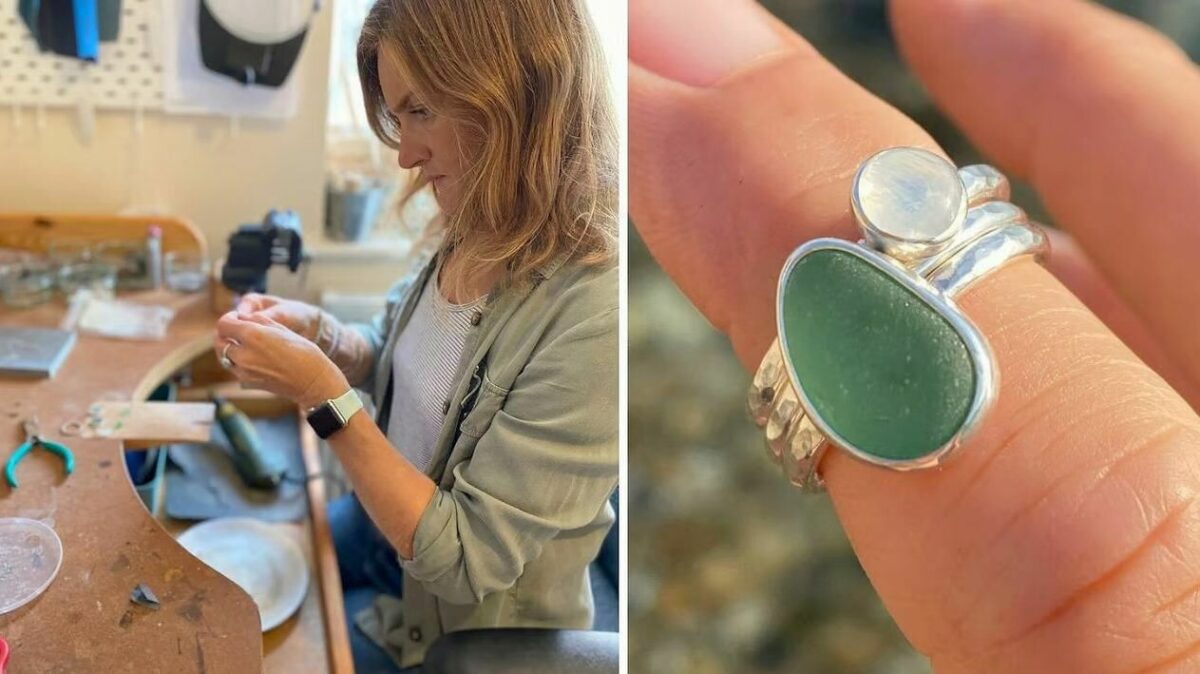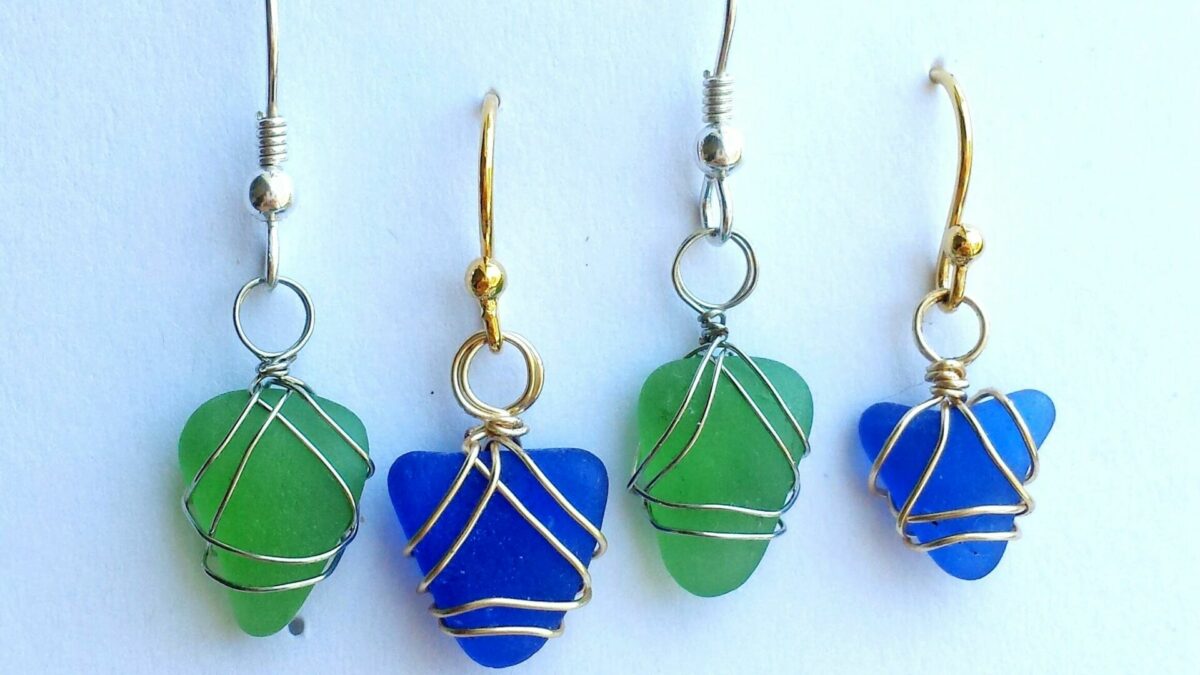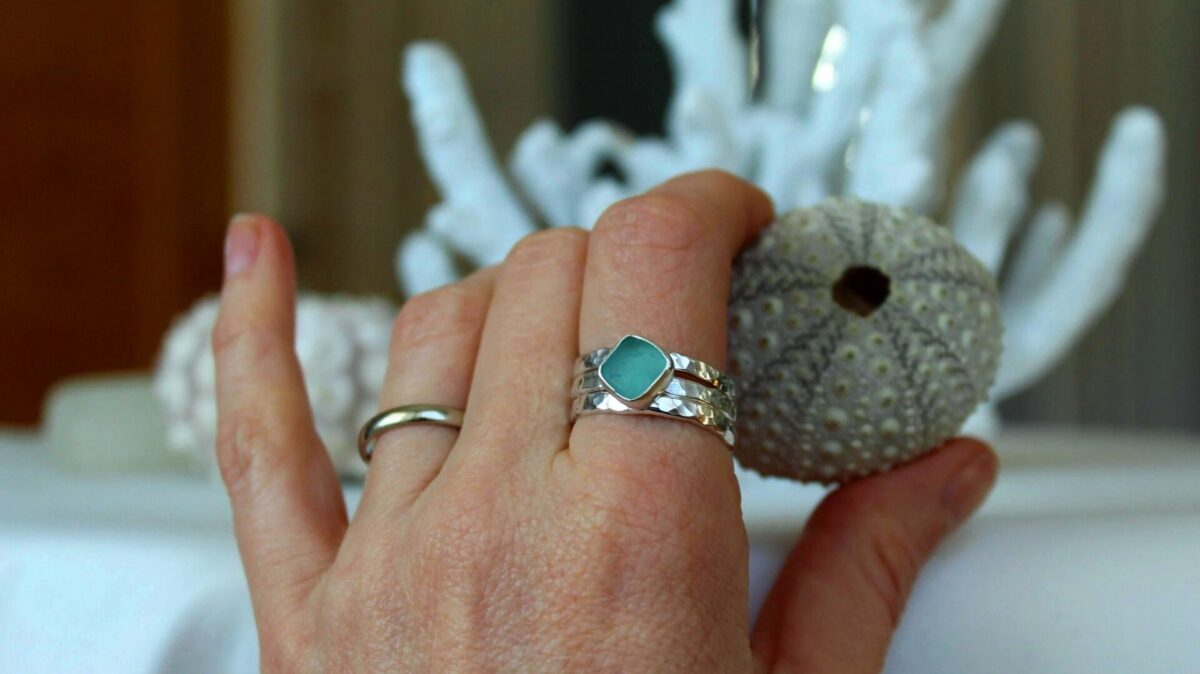Blog
From Hobby to Career: How to Turn Your Crafting Passion into a Job
Introduction: The Growing Trend of Turning Crafting Hobbies into Careers
Crafting has always been a popular pastime, but in recent years, it has become a viable career option for many people. According to a survey by the Association for Creative Industries, the crafting industry generates over $36 billion in annual revenue in the United States alone. This growth is due in part to the rise of online marketplaces like Etsy, which have made it easier for crafters to sell their products to a global audience.
But turning a crafting hobby into a career is not just about making money. It’s also about pursuing a passion and doing something you love every day. In this article, we’ll explore how to identify your niche, build your brand, and make the leap from hobbyist to full-time crafter.
Identifying Your Niche: Finding Your Unique Selling Point in the Crafting Industry
The crafting industry is vast and diverse, so it’s important to find your niche and stand out from the crowd. This means identifying your unique selling point (USP) – what makes your products different from others on the market.
One way to do this is to focus on a specific type of crafting, such as knitting, jewelry making, or woodworking. Within that niche, you can then specialize further by creating products that are unique or have a specific theme. For example, if you’re a knitter, you could specialize in creating eco-friendly products using sustainable materials.
Another way to find your USP is to think about your target audience. Who are you creating your products for? What do they value? By understanding your audience, you can create products that meet their needs and stand out from the competition.
Building Your Brand: Creating a Strong Online Presence and Marketing Strategy
Once you’ve identified your niche and USP, it’s time to build your brand and create a strong online presence. This means creating a website or online store where customers can purchase your products, as well as social media accounts to showcase your work and connect with potential customers.
When building your brand, it’s important to have a consistent look and feel across all platforms. This includes using the same logo, color scheme, and tone of voice in all your marketing materials. You should also create a brand story that explains who you are, what you do, and why you do it.
In terms of marketing, there are many strategies you can use to promote your products and reach a wider audience. These include social media advertising, email marketing, and collaborations with other crafters or influencers in your niche. It’s important to track your marketing efforts and adjust your strategy as needed to ensure you’re getting the best return on investment.
Making the Leap: Tips for Transitioning from Hobbyist to Full-Time Crafter
Transitioning from a hobbyist to a full-time crafter can be daunting, but with the right mindset and preparation, it’s possible to make a successful career out of your passion. Here are some tips to help you make the leap:
1. Create a business plan: This should include your financial goals, marketing strategy, and a timeline for achieving them.
2. Build up your savings: It’s important to have a financial cushion to fall back on while you’re building your business.
3. Start small: Don’t quit your day job right away. Instead, start by selling your products part-time and gradually build up your business.
4. Network with other crafters: Join online communities or attend craft fairs to connect with other crafters and learn from their experiences.
5. Stay organized: Keep track of your finances, inventory, and orders to ensure your business runs smoothly.
6. Be patient: Building a successful crafting business takes time and effort. Don’t get discouraged if things don’t happen overnight.
Conclusion
Turning your crafting hobby into a career is a rewarding and fulfilling journey, but it requires hard work, dedication, and a willingness to take risks. By identifying your niche, building your brand, and making the leap from hobbyist to full-time crafter, you can turn your passion into a successful business. Remember to stay true to yourself and your values, and always keep learning and growing as a crafter and entrepreneur.













